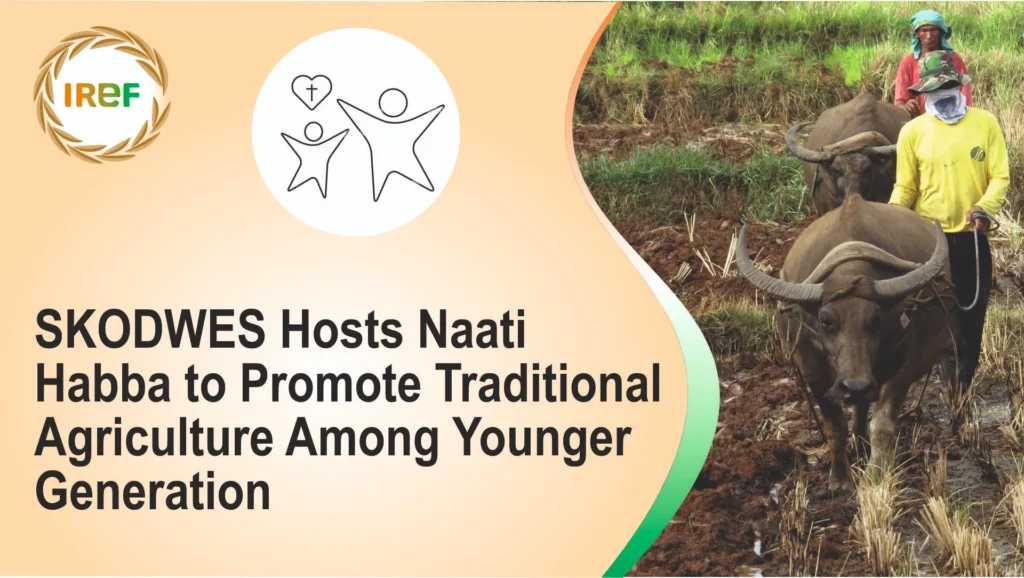On Friday, August 1, Naati Habba, a traditional paddy sowing festival, was organised by SKODWES (Society for Knowledge and Development of Women and Environment Studies) at Tudvi Mane in Unchalli of Sirsi Taluk. Naati Habba has been organised to arouse the younger generation’s interest in agriculture and to encourage the conservation of traditional rice varieties.
Through this Naati Habba, people who never looked at agriculture have participated in the event and given a shot at traditional farming practices.
Notably, the event’s goal was familiarising the younger generation with the procedures followed in traditional agriculture that were vanishing at a steady pace.
Moreover, numerous activities were conducted at the Naati Habba, which included a display of endangered seed varieties and practising farming techniques, Beekeeping practice for women, and an introduction to the Bioresource Centre and forest-based farming models. The event turned out to be both educational and experiential as participants of the event conducted the activities of the traditional sowing process. Addressing the event, SKODWES representative Venkatesh Naik stated that farmers, Self-Help Groups, and progressive agriculturists from various villages took part in the Naati Habba.
At present, the organisation is cultivating various rare rice varieties in Unchalli, and the saplings of these traditional varieties were employed in the event. Varieties used in the event included Mysore Kagga, Gajamini, Shobhini, Rajamudi, and Manjuguni Sannadanta. He further said that these seeds would be distributed to farmers for conservation in the forthcoming days, and SKODWES itself would later procure the grown produce from them. Interestingly, Assistant Commissioner K V Kavyarani and DSP Geeta Patil planted saplings in the courtyard of the Tudvi house and took part in the sowing activities of the event.
The organising institution focused on agricultural traditions by arranging Agepuje and Gograsa offerings as part of the ‘Naati Habba’ celebrations.
Besides this, the event illustrated the modernisation of agriculture. Hundreds of people participated and celebrated agriculture in this Naati Habba. The importance of agricultural work was sparked in the younger generation by familiarising them with traditional as well as mechanical farming methods



